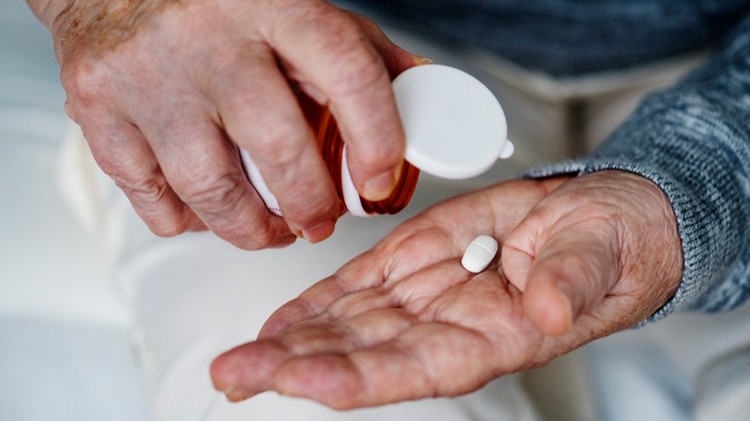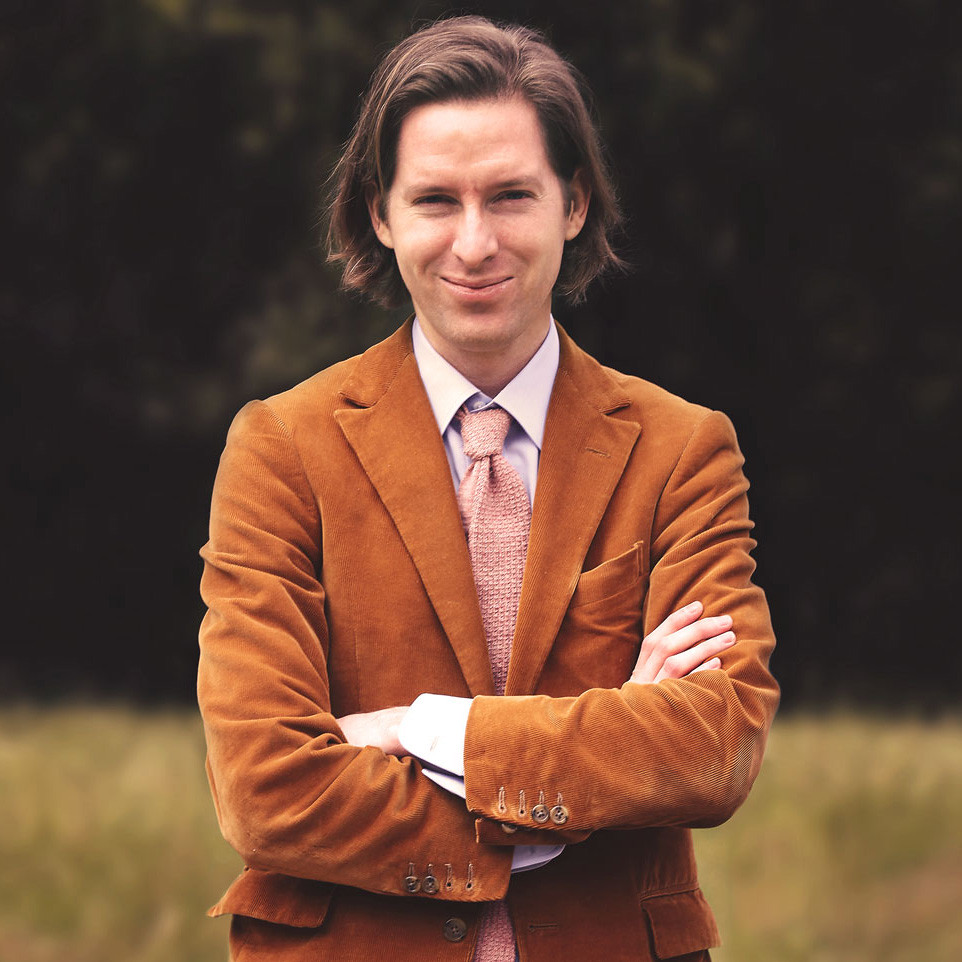An unlikely solution to the opioid epidemic
It’s time to try something new in the fight against the widespread abuse of prescription medication
In the United States over 100 people die every day from opiate overdoses according to the National Institute on Drug Abuse
January 23, 2019
As the opioid epidemic continues to devastate communities in every part of the country, U.S. officials are looking for new ways to combat the rising national health problem. However, there is one choice that lawmakers have not made that would curb opioid use and help addicts. That choice is decriminalizing opioid use.
It may seem counter-productive, but limiting the legal consequences of drugs use has helped in other countries. Advocates of decriminalization often point to Portugal, where public health officials moved to decriminalize all drugs in response to a heroin epidemic that was destroying the country. The sale, distribution and trafficking of drugs were still illegal, but a user could not be criminally penalized for consuming an illegal drug. The result: a dramatic decrease in drug use and AIDS cases. Since its success, other countries have followed Portugal’s lead. One such nation is Canada, which was home to North America’s first supervised injection site in 2003. Canada’s New Democratic Party voted to endorse decriminalization last year according to The Globe and Mail. This step introduces the possibility of the United States following suit.
But how does decriminalization lead to a decrease in drug use, when it seems like it would encourage it? The main reason is that reducing criminal penalties treats addiction as a public health epidemic, not a crime. It frees up funds that can bankroll treatment centers and other initiatives that allow addicts to find help. Programs like supervised injection sites help reduce HIV/AIDS cases and overdoses by providing a safe, sanitary place for addicted people to inject their drugs. It may sound like a crazy idea, but the aforementioned program in Canada has intervened in over 2,000 overdoses. The facility has seen zero deaths since its creation. Although controversial, these initiatives are prime examples of how society should treat addicted people.
“For people working in the field, the value of supervised injection facilities transcends the debate over death or crime statistics, because it offers something people who use drugs may not have experienced before: a non-judgmental place that accepts them for who they are,” reported NPR.
Supervised injection facilities are being considered across the country. In May of last year, New York Governor Andrew Cuomo announced that his office would review a plan to open four centers in New York City, and he assembled a committee to review the plan in November, according to Politico. However, the effort has faced opposition. In an op-ed for the New York Times, Deputy Attorney General Rod Rosenstein claimed that such programs “destroy the surrounding community” and labeled the centers as “taxpayer-sponsored haven[s] to shoot up.” The Trump appointee claims that the President’s administration is doing everything in its power to stop the opioid epidemic. However, even if the New York program is approved, it would technically still be illegal. If the Trump administration truly wants to fight opioid addiction, then it needs to treat addicts like people, starting with decriminalizing opioid use.







